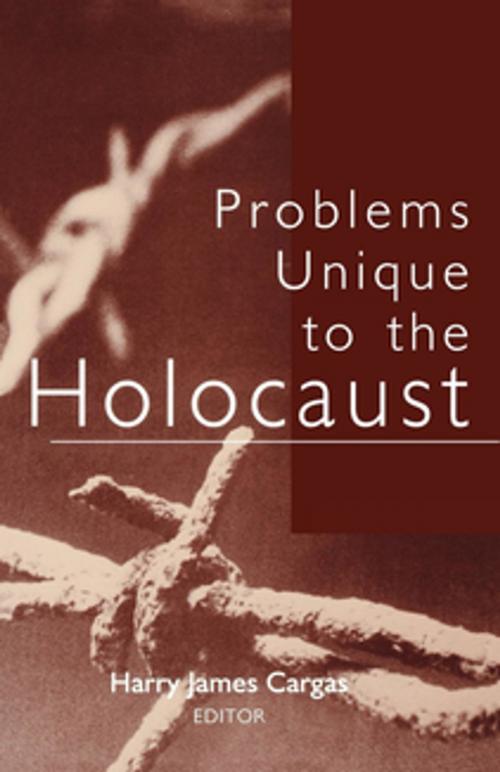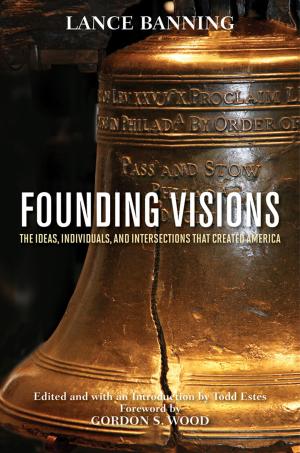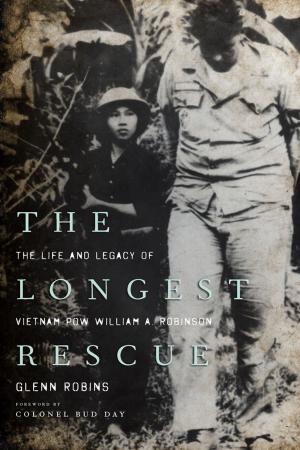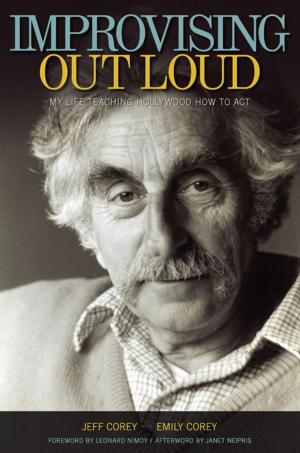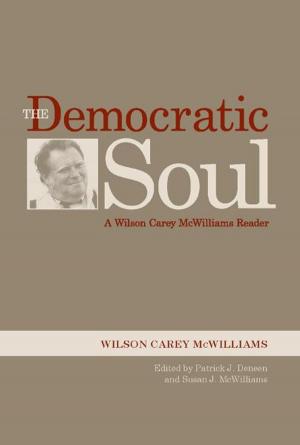| Author: | ISBN: | 9780813143644 | |
| Publisher: | The University Press of Kentucky | Publication: | July 18, 2013 |
| Imprint: | The University Press of Kentucky | Language: | English |
| Author: | |
| ISBN: | 9780813143644 |
| Publisher: | The University Press of Kentucky |
| Publication: | July 18, 2013 |
| Imprint: | The University Press of Kentucky |
| Language: | English |
Victims of the Holocaust were faced with moral dilemmas for which no one could prepare. Yet many of the life-and-death situations forced upon them required immediate actions and nearly impossible choices. In Problems Unique to the Holocaust, today's leading Holocaust scholars examine the difficult questions surrounding this terrible chapter in world history. Is it ever legitimate to betray others to save yourself? If a group of Jews is hiding behind a wall and a baby begins to cry, should an adult smother the child to protect the safety of the others? How guilty are the bystanders who saw what was happening but did nothing to aid the victims of persecution? In addition to these questions, one contributor considers whether commentators can be objective in analyzing the Holocaust or if this is a topic to be left only to Jews. In the final essay, another scholar assesses the challenge of ethics in a post-Holocaust world. This singular collection of essays, which closes with a meditation on Daniel Goldhagen's controversial book Hitler's Willing Executioners, asks bold questions and encourages readers to look at the tragedy of the Holocaust in a new light.
Victims of the Holocaust were faced with moral dilemmas for which no one could prepare. Yet many of the life-and-death situations forced upon them required immediate actions and nearly impossible choices. In Problems Unique to the Holocaust, today's leading Holocaust scholars examine the difficult questions surrounding this terrible chapter in world history. Is it ever legitimate to betray others to save yourself? If a group of Jews is hiding behind a wall and a baby begins to cry, should an adult smother the child to protect the safety of the others? How guilty are the bystanders who saw what was happening but did nothing to aid the victims of persecution? In addition to these questions, one contributor considers whether commentators can be objective in analyzing the Holocaust or if this is a topic to be left only to Jews. In the final essay, another scholar assesses the challenge of ethics in a post-Holocaust world. This singular collection of essays, which closes with a meditation on Daniel Goldhagen's controversial book Hitler's Willing Executioners, asks bold questions and encourages readers to look at the tragedy of the Holocaust in a new light.
